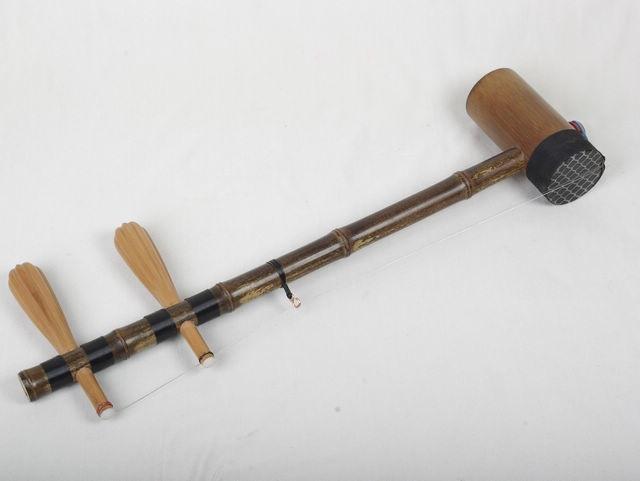The development history of Jinghu
Jinghu, also known as Huqin. It is a traditional Chinese stringed instrument. At the end of the 18th century, with the formation of traditional Chinese opera Peking Opera, it was restructured on the basis of the stringed instrument huqin. It has a history of more than 200 years and is the main accompaniment instrument for traditional Chinese opera Peking Opera.

Jinghu: Originally called "Huqin", it was also called "Erguzi" at the earliest. The main accompaniment instrument of Peking Opera is also named because it is used to accompany Peking Opera.
Jinghu is a stringed musical instrument restructured on the basis of the huqin with the formation of Peking Opera in the 50th year of Emperor Qianlong of the Qing Dynasty (1785). It has a history of more than 200 years. The earliest Jinghu not only had a short stem, but also a small barrel. In order to be able to pull a high note, it was covered with python skin, and it used a soft bow (without tensioning the bow hairs) to pull the strings.
After the 19th century, hard bows began to appear. At present, Anhui, Shandong, Henan, Sichuan and other places still use soft bows to play. The timbre is softer than that of hard bows, and there is a special broken bow effect. The playing skills are also very high, while the pronunciation of hard bows is strong and loud.
In the first half of the 20th century, Peking Opera performers kept lowering the pitch and paying attention to the mellowness of their tunes. The structure of the Jinghu also changed accordingly, and the bars and barrels continued to lengthen. Afterwards, Jinghu gradually became popular all over the country, especially in Beijing.
In the 1930s, Peking Opera flourished unprecedentedly, and the production of Jinghu also experienced a prosperous period. Not only the plaques in the musical instrument industry were changed to Huqin shops, but even the famous pianists in the Peking Opera world also recruited workers to manufacture and sell Jinghu. Some use polishing agent instead of waxing in the production process. It makes the surface of bamboo skin glossy and moist, which is highly praised by fans.
The earliest Jinghu qin rod was very short and the barrel was small. It was played with a soft bow. At that time, people called it the soft bow Jinghu. After the 19th century, Jinghu gradually began to be played with a hard bow, and the bars and barrels continued to increase. Jinghu gradually became popular all over China, especially in Beijing.
 渝公网安备 50010702504639号
渝公网安备 50010702504639号